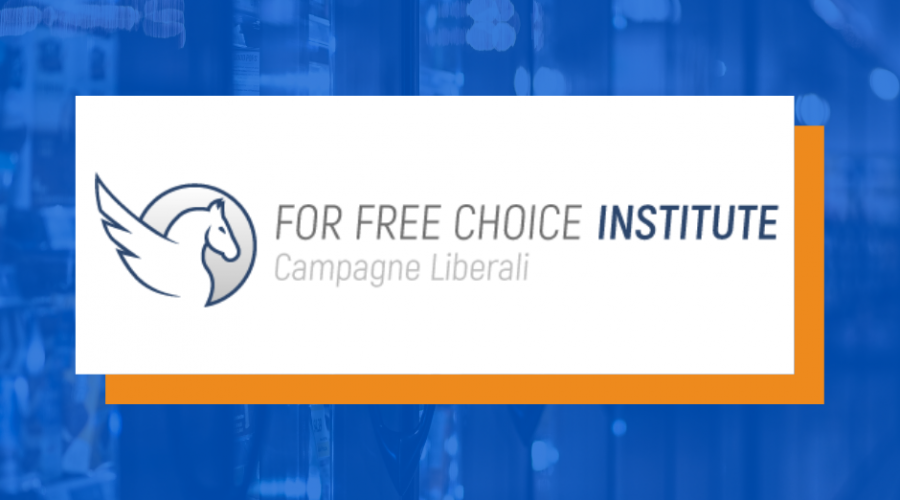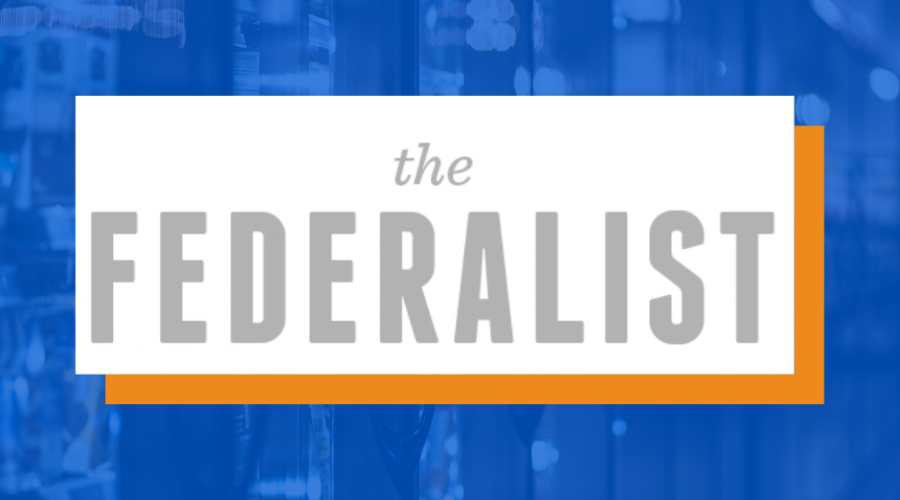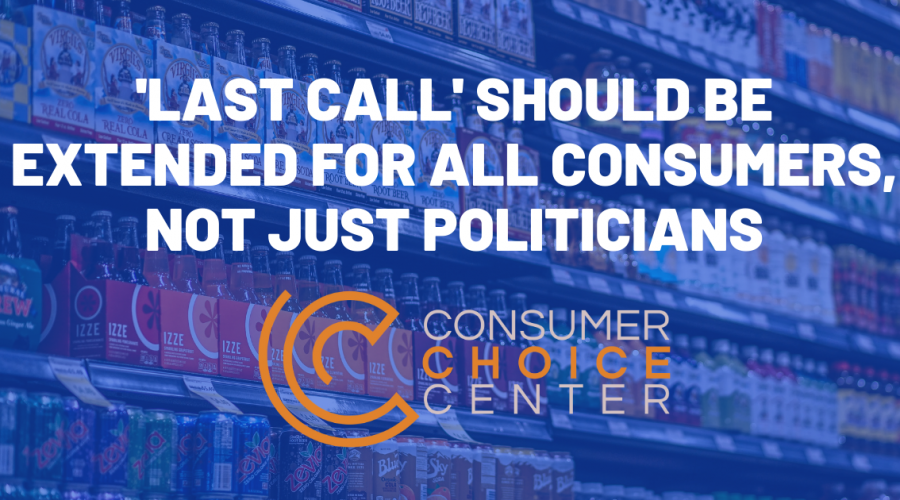I Paesi in via di sviluppo pagano il nostro ambientalismo
L’ambientalismo anti-scientifico e pauperistico rischia di danneggiare i Paesi in via di sviluppo
Per quelli di noi che possono permettersi di avere un termostato intelligente, che regola la temperatura in base alla temperatura esterna, è una grande comodità. Ma ha un costo. La protezione e lo sviluppo ambientale sono, indubbiamente, una causa giusta e nobile che però ha un costo.
Dopotutto, attraverso i cambiamenti negli atteggiamenti dei consumatori, le più recenti innovazioni sono diventate più sicure, più sostenibili e in generale più “verdi”. È quello che spinge i supermercati a scambiare i loro sacchetti di plastica per quelli di carta, e per nuovi prodotti come cannucce di metallo e bottiglie di bevande per diventare vitali.
Purtroppo, questo meraviglioso sentimento condiviso da un numero crescente di consumatori non si traduce altrettanto bene nel mondo della politica. La bellezza dell’innovazione orientata al consumatore è che si tratta di un processo naturale: i consumatori acquistano verde sia perché lo vogliono e perché possono permetterselo. Mettere lo stesso principio in politica spesso trascura questo passaggio cruciale.
L’atteggiamento della politica rischia di scaricare gli effetti negativi soprattutto sui Paesi in via di sviluppo. I paesi avanzati con buone intenzioni ignorano i bisogni e le capacità delle nazioni più povere nel nome dell’ambientalismo.
Prendiamo, ad esempio, un imminente conferenza in Kenya, tenuta congiuntamente dall’Organizzazione delle Nazioni Unite per l’alimentazione e l’agricoltura (FAO) e dal Centro mondiale di conservazione degli alimenti. La “Prima conferenza internazionale sull’agroecologia che trasforma l’agricoltura e i sistemi alimentari in Africa” mira ad attuare le politiche dell ‘”Agroecologia” in tutto il continente.
L’agroecologia propagandata dalla conferenza si riferisce a uno stile di agricoltura più “organico”, uno che è libero (o, almeno, meno dipendente) dai fertilizzanti sintetici e dai pesticidi. Di per sé, questa può sembrare una missione piuttosto nobile; se tali sostanze sono dannose per l’ambiente, perché non dovremmo voler ridurre il loro utilizzo?
Bene, in nazioni sviluppate come la nostra, questa sarebbe la reazione giusta. Il nostro settore agricolo, così come la nostra capacità di importare da altre nazioni, ci consente il lusso di chiedere riduzioni di tali pratiche agricole senza troppa preoccupazione per gli effetti sulla nostra offerta di cibo. Dopo tutto, se optare per l’opzione “organica” rappresenta qualche quid in più ogni settimana, qual è il problema?
In molte parti dell’Africa, dove questa conferenza si tiene, questo lusso purtroppo non esiste. Non dovrebbe sorprendere che i metodi di agricoltura agroecologica siano, in genere, molto meno efficienti rispetto alla moderna alternativa meccanizzata (una conclusione raggiunta in uno studio condotto da sostenitori agrocologici). In un continente che è stato a lungo afflitto da una scarsa crescita economica e, molto più gravemente, gravi carestie e scarsità di cibo, il rischio di passare a metodi meno produttivi in nome dell’ambiente sarebbe cieco alle necessità di un’economia in via di sviluppo .
Visto semplicemente, si potrebbe facilmente etichettare questa visione del mondo e la prescrizione come arrogante. Se le persone nei paesi sviluppati (o altrove per quella materia) desiderano stabilire una fattoria biologica e agroecologica per promuovere un sistema più rispettoso dell’ambiente, allora hanno più potere per loro. Ma semplicemente non possiamo aspettarci che questo si applichi ai paesi in via di sviluppo come quelli in Africa.
La realizzazione di pratiche e tecnologie sostenibili e rispettose dell’ambiente nei paesi in via di sviluppo dovrebbe essere raggiunta attraverso maggiori investimenti e commercio, stimolando la crescita economica e lo sviluppo. A seguito della Brexit, il Regno Unito si troverà in una posizione ideale per farlo senza le restrizioni della politica agricola comune dell’UE, che ha reso ancora più difficile il commercio con gli agricoltori dei paesi in via di sviluppo.
I cuori degli ambientalisti sono certamente nel posto giusto, ma suggerimenti come quelli della prossima conferenza di agroecologia minacciano di negare alle economie in via di sviluppo le possibilità di crescita e sviluppo di cui hanno disperatamente bisogno. Investiamo in questi paesi e lasciamo che le innovazioni si scatenino mentre le loro economie migliorano.











